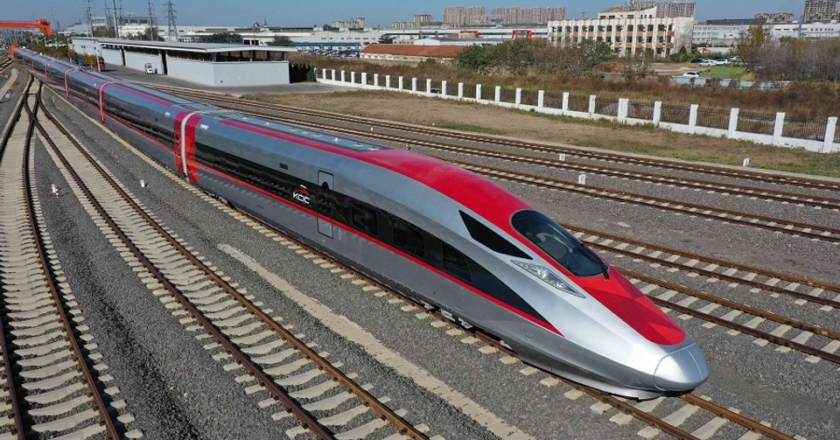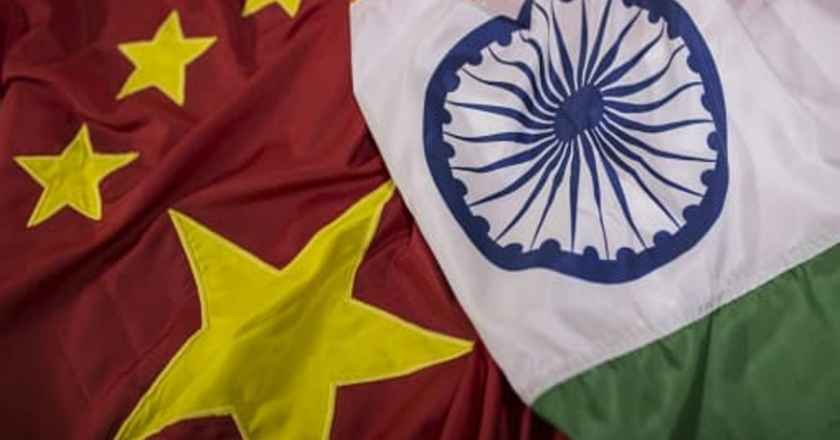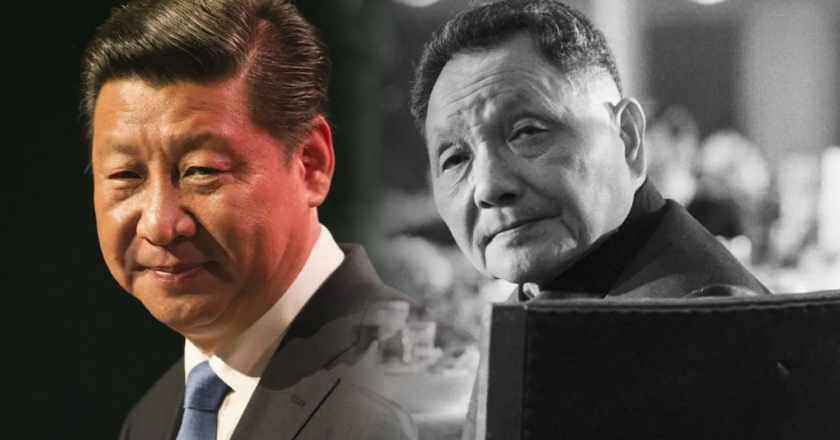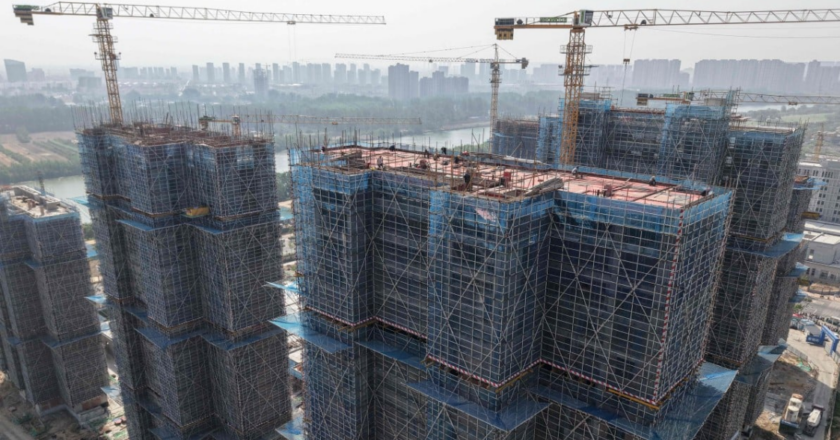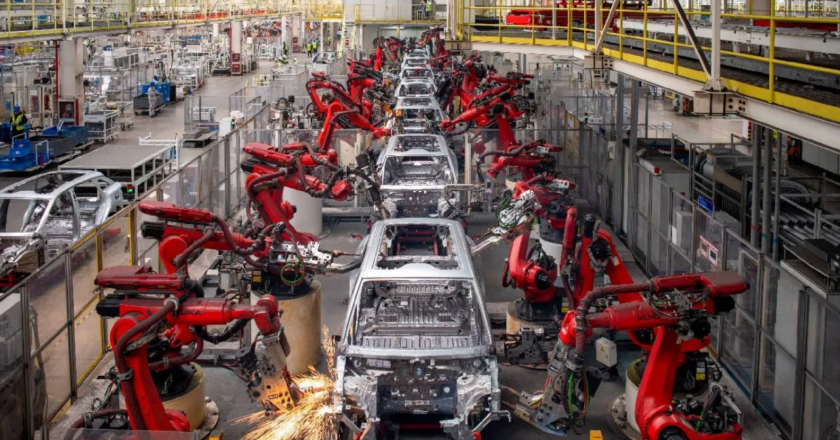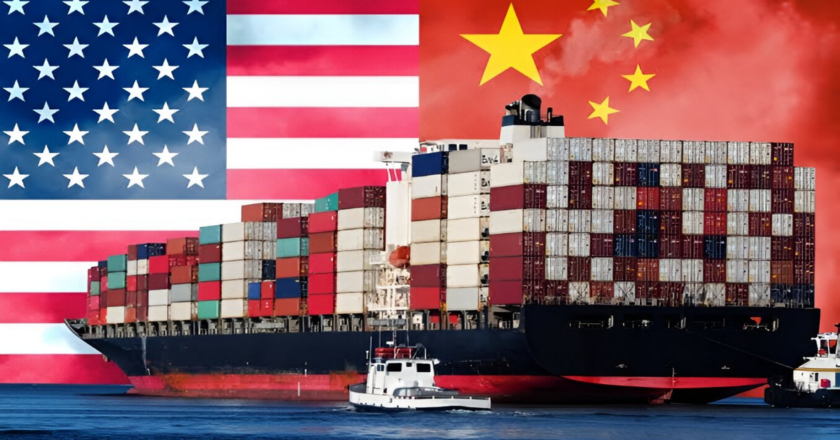China’s BRI problem: From builder to debt collector
China has embarked on very rapid and massive overseas lending since 2013, when it launched the Belt and Road Initiative (BRI). But it has now become the world’s largest debt collector for developing countries’ debt repayments. EAI senior research fellow Yu Hong assesses whether China’s shifting role in global lending will undercut the BRI.
The Belt and Road Initiative (BRI), launched in 2013, has positioned China as a central player in global infrastructure financing and development. According to a 2022 report by the World Economic Forum, Chinese enterprises and banking institutions have announced their participation in about 3,800 overseas projects under the BRI since 2013, involving a total investment of US$4.3 trillion towards building roads, railroads, seaports, energy plants a...
